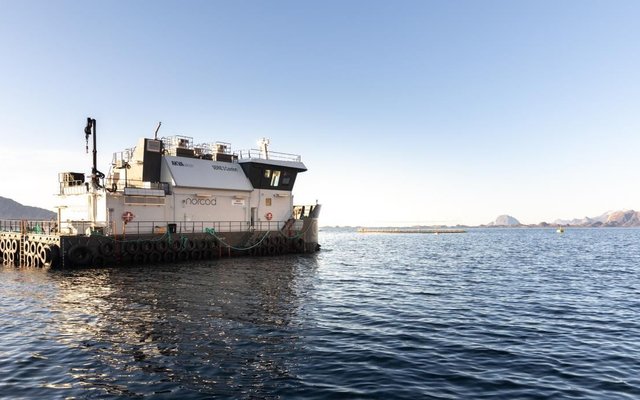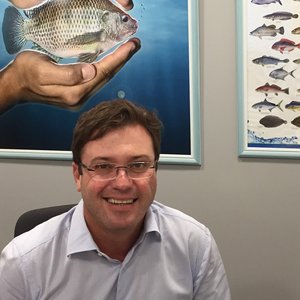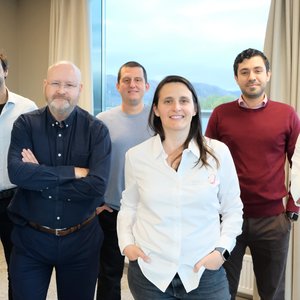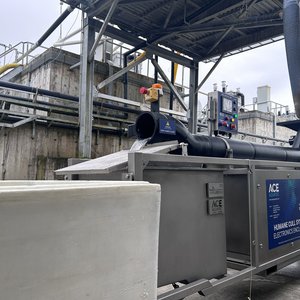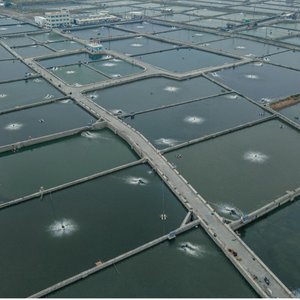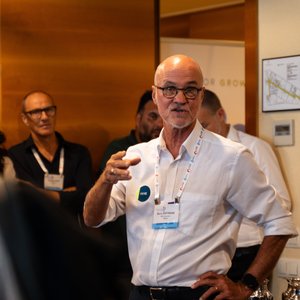Norcod is a Global GAP-certificated cod producer that is involved in the entire value chain by ownership or partnership. The company’s farms are located in Mid- and North Norway and have started their second period of harvesting which will last from October 2022 to June 2023.
The company, which expects to increase its production capacity to more than 20,000 tonnes in 2024, is committed to minimally impacting the marine environment and, at the same time, supporting local communities.
Through Meløy Energi and other local companies’ backup, Norcod switched to fossil-free operation implementing shore power solutions at its Frosvika production facility in Meløy, Nordland. The company unplugged the site’s diesel generators and started to feed the fish using energy-efficient waterborne feeding technology reducing both CO2 emission and, at the same time, the friction in the previous airborne feed system’s pipes. In April, Norcod started using an electric-powered service vessel “Hilde S” that will also contribute to reducing CO2 emissions.
As a result, the new Norcod energy model will achieve a CO2 reduction equivalent to driving 2.1 million kilometers – or 53 times the circumference of the Earth – with a standard petrol car.
“Our ambition has always been to set the standard in responsible, industrial-scale farming of top-quality cod, through constant operational improvements that ensure sustainability and fish welfare. By installing wired onshore power, we are making a valuable contribution to reducing climate impact both locally and globally,” said Hilde R. Storhaug, Norcod’s chief sustainability officer. “Switching to fossil-free operations carries a significant sustainability upside. We estimate we’ll save around 160,000 liters of diesel on an annual basis, which translates to a 420-tonne reduction in CO2 emissions related to the feed barge and the equipment it supplies with energy.”
Furthermore, Norcod will implement shore power also at its new production site at Jamnungen in Frøya municipality. “The configuration of shore power, electric feed barges and electric service vessel provides is the most emissions-reducing equipment set-up seen to date in the Norwegian aquaculture industry. This strategic approach to procurement remains our priority,” Storhaug said.
Finally, local value creation is also on Norcod’s sustainability agenda, and its presence has generated positive turnover in terms of goods and services in the communities where its facilities are located.


